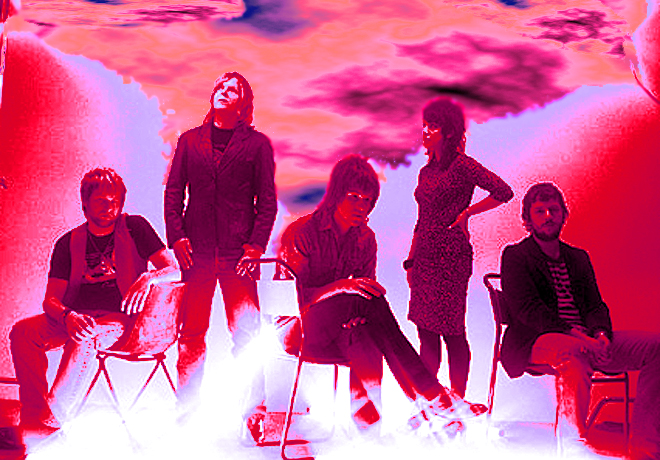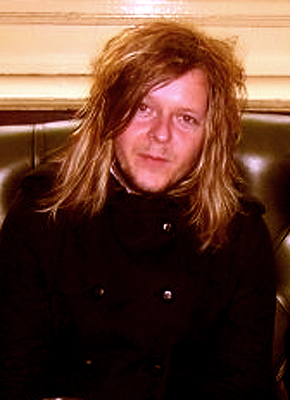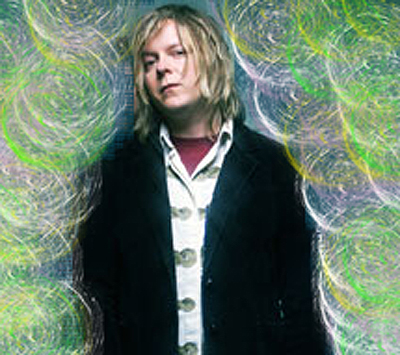

Pure Reason Revolution is one of the most exciting new bands to hit the scene in recent years. Their album, The Dark Third, is a combination of the contemporary and the classic - melding hip rhythms with plush harmonies and spacy landscapes. Band leader Jon Courtney sat with Progsheet for a fascinating conversation...
PS: How does the US release of The Dark Third differ from the UK version?
JC: So you have Nimos & Tambos and Intention Craft.
PS: Yes...
JC: Ok, on the UK album, there's no Nimos & Tambos & there's no Intention Craft. Intention Craft was on a mini-album and Nimos & Tambos we just decided not to put on.
PS: What songs did they replace?
JC: Exact Colour and The Twyncyn/Trembling Willows. We did a whole bunch of tracks with Paul Northfield, he was our producer. You've heard of Paul?
PS: Yes. Since the Gentle Giant days.
JC: There you go, he used to work with Gentle Giant, lots of Rush stuff, Courtney Love, Marilyn Manson. Anyway, we did a whole lot of stuff with Paul, say...9 tracks. So we had the finished record, which is the one that actually came out in the states. But then, Sony UK were like, "well we'd like to do a mini-album." So we used some tracks from what we'd done with Paul and actually added one that we'd produced ourselves. Rather than just release the same tracks but with a few added for the full album, we decided to do a couple of new tracks with Paul. That's how it differs.
PS: How did Paul become part of the picture in putting the album together?
JC: We'd done lots of demos and University recordings ourselves. Self-produced. Michael, our A&R guy, he said we don't want a producer to come and stamp his trademark all over your sound, because you've already got a sound and you've already accomplished a lot with your recordings. We met a few different guys but Paul was one of these people that was happy not to stomp around, but just help us out where help was needed. If we wanted to get on the computer and dig into doing some programming, or do a bit of mixing ourselves, he was happy to sort of sit back. But then also give that knowledge that he's got from working with Emerson Lake & Palmer, with Gentle Giant, with Rush. How to mic up guitars properly, and how to get a fat sounding drum kit. It was cool - we kind of went into it as novices and totally na´ve and Paul helped us out a lot.
PS: What did you come out with, that you didn't go in with? What did you learn from him as a musician, as a player?
JC: Various techniques like mic-ing up amps and how and why things don't work. Also, I'm one of these people that if I were in the studio I could fuck around on an album for 2 years or something, but Paul would say "we have to move on now." Paul was good at managing...when to stop.

